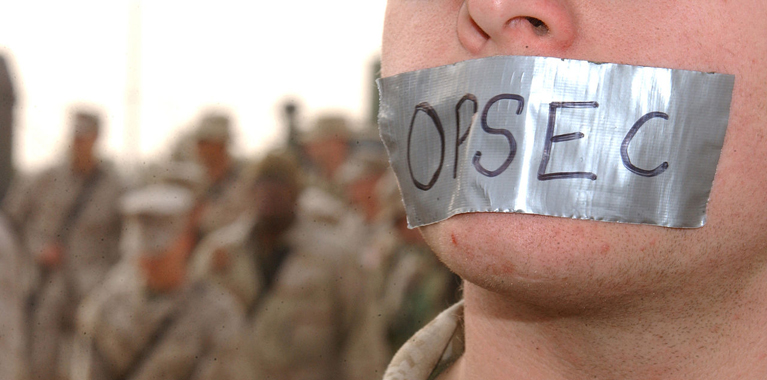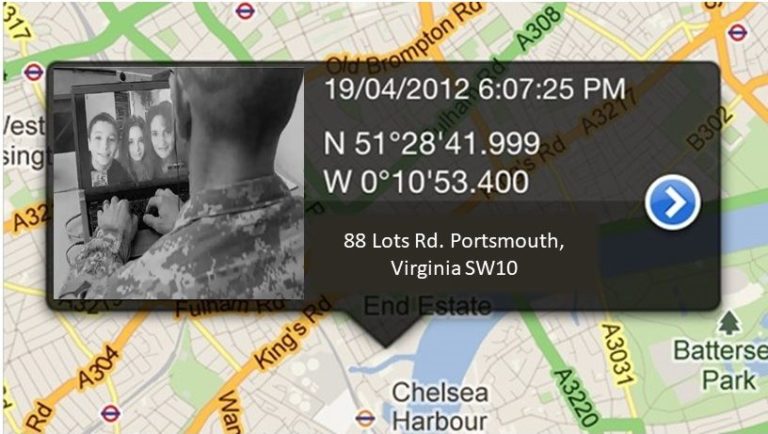Social Media OPSEC
OPSEC Snapshot

Operations Security
Operations Security is the process by which we protect unclassified information that can be used against us. Its purpose is to prevent potential adversaries from discovering critical DOD information. OPSEC protects U.S. operations – planned, in progress and completed. Success depends on secrecy and surprise, so the military can accomplish the mission more quickly and with less risk. Enemies of freedom want this information, and they are not just after the military member to get it.
The importance of OPSEC in Social Media
Social media has become a big part of our Army lives. It helps organizations share information and keep audiences connected. OPSEC and personal privacy concerns should be paramount when Soldiers use social media, both personally and professionally. Sharing seemingly trivial information online can be dangerous to loved ones and fellow Soldiers. America’s enemies scour blogs, forums, chat rooms and personal websites to piece together information that can harm the U.S. and its Soldiers.
GEOTAGGING SAFETY

Geotagging is the process of adding geographical identification to photographs, videos, websites and SMS messages. It is the equivalent of adding a 10-digit grid coordinate to everything posted on the Internet. Some smartphones and digital cameras automatically embed geotags into pictures and many people unknowingly upload photos to the Internet that contain location information.
One Soldier exposing his or her location can affect the entire mission. Deployed Soldiers, or Soldiers conducting operations in classified areas, should not use location-based social networking services.
DEATH OF A SOLDIER OR OTHER SERVICE MEMBER
Interactions over social media make up a major part of our daily online communication, so when Soldiers are killed or go missing in action, it can be hard to turn off the flow of information distributed through social media platforms. While it is difficult to prepare for tragedy, it is important to keep in mind that social media can play a role (good or bad) in the handling of a serious illness, injury or death.
It is imperative that you not become part of the problem by adding to the rumors and speculation when there is a report of an injury or death. If approached by another member of your organization about a report or rumor, explain that you do not know and they should not speculate. Should you be approached by a member of the media, refer him or her to the first public affairs professional in your organization.